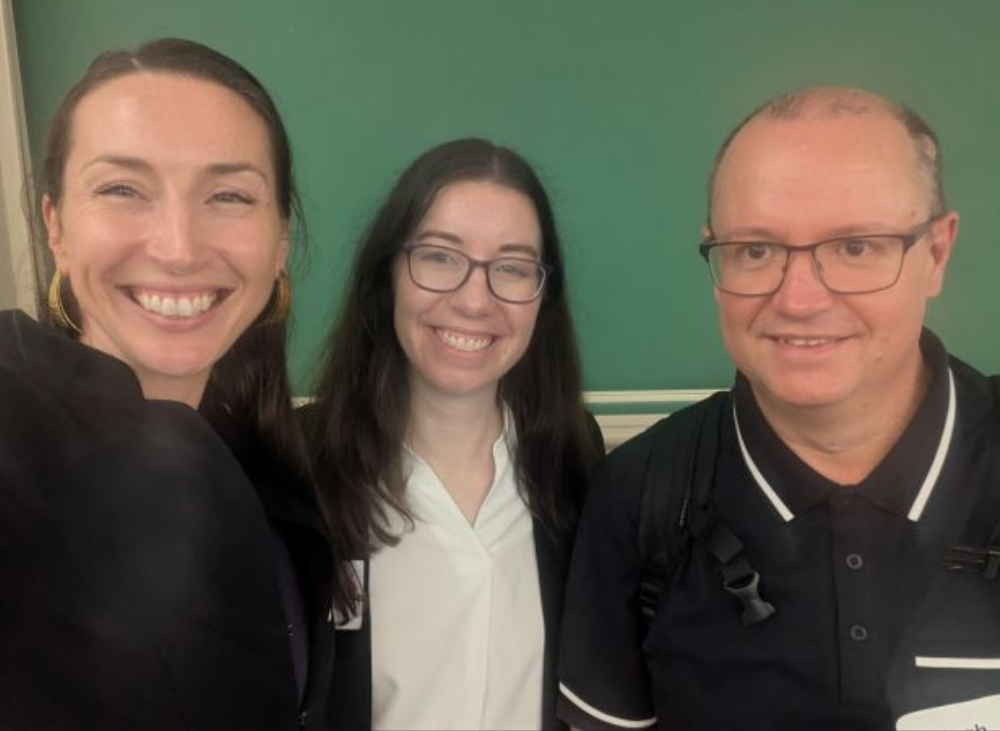By Dr Georgie Rychner, Senior Researcher
In late September I had the privilege of attending the annual International Access to Justice Forum in New York City. The Forum brings together legal academics, practitioners, judiciary and community workers from across the globe, with proceedings taking place this year over two days by New York University Law School and Fordham Law School.
The Forum raised big questions, all of which were thoroughly situated within the current global access to justice crisis:
-
Is access to justice intrinsic to democracy, and if so, how do we increase democratic participation?
-
What does access to justice look like in ‘autocratizing’ nations, and what can be done to increase access and empowerment among the estimated 3.1 billion people who live in those countries?
-
As governments and businesses continue to adopt artificial intelligence, what recourse do low-income people have when large language models apply arbitrary decision-making regarding their access to government benefits, housing or employment, and increase the barriers to contesting such decisions?
-
How do we address the gap in access to justice that is widening across so many nations?
The leading role of community justice workers
A common thread throughout the proceedings was an emphasis on community legal empowerment – that is, the increased capacity of people and communities to engage with the law by using it and attempting to change it in ways that support their own or their community’s interests.
In America, select states have turned away from a ‘lawyer-only’ model of justice and are trialling justice worker models, which enable non-legally trained community members – social workers, health aides, teachers and so on – to provide limited scope legal assistance to those in need.
Oftentimes such community justice workers are already embedded within their community, and in contexts such as Alaska, have greatly assisted in providing legal help to remote ‘legal desserts’. Community justice workers from a range of jurisdictions attended the conference and shared their experiences.
Taking insights on legal need in Victoria global
Crucial to the work of improving access to justice is deepening the evidence base – on how much legal need exists, who can access legal help, and what is working to improve such access – through empirical legal research. I was delighted to speak alongside Dr Hugh McDonald (Victoria Law Foundation) and Emily Macloud (Portable) on a panel titled ‘New Survey Measures, Methods and Insights for Legal Needs and Outcomes.’

My presentation introduced the Legal Services Research Centre’s forthcoming Small Area Modelling project. A groundbreaking collaboration with the Victorian Law Foundation, this project takes empirically derived estimates of legal need from the Public Understanding of Law Survey and applies these estimates to unit-level Australian Census data before aggregating this to the small area level. Nobody has done this before, and the small area estimates of legal need it yields provide an invaluable tool to service providers and government to assist in understanding rates of legal need and resource allocation across the state of Victoria.
In the coming months Victoria’s new Legal Services Research Centre will launch the Small Area Modelling interactive dashboard as well as the underlying data; this will be an iterative product that we and others will build on over time.
You can receive this groundbreaking research direct to your inbox by subscribing to the Legal Services Research Centre newsletter.

